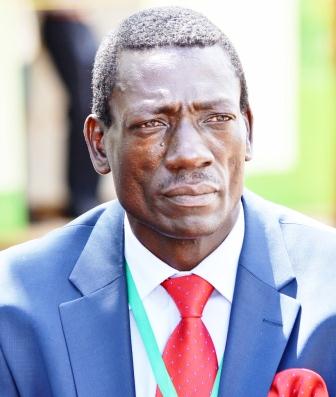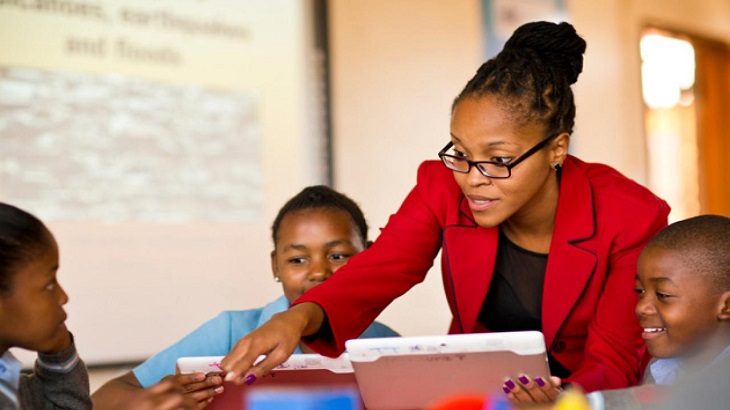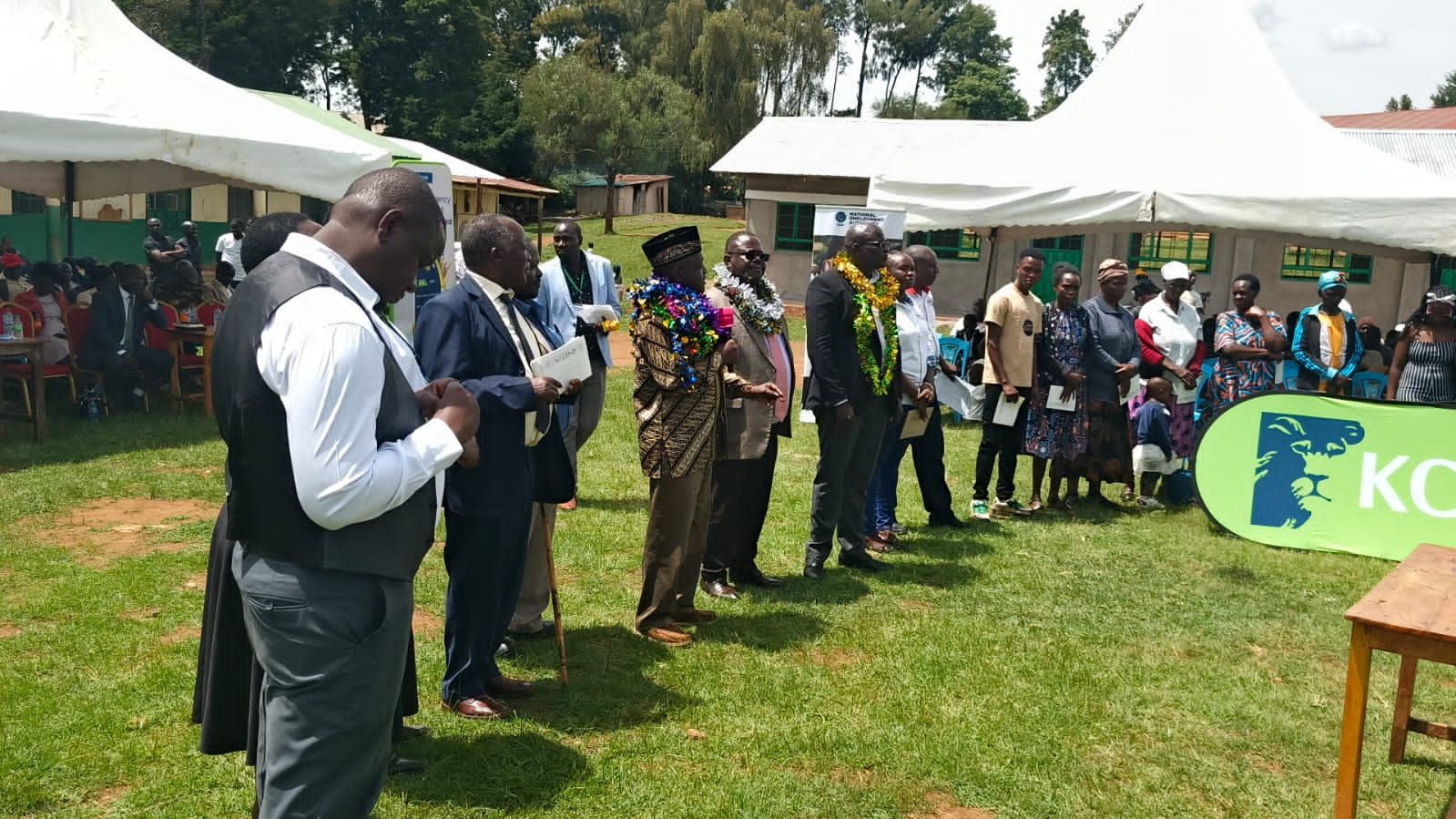By Roy Hezron
Kenya National Union of Teachers (KNUT) and Kenya Primary School Headteachers Association (KEPSHA) have defended the Presidential Working Party on Education Reforms (PWPER) stating that the taskforce collected views from all players in the education sector.
In a joint statement signed by KNUT Secretary General, Collins Oyuu, and KEPSHA National Chairman Johnson Nzioka on March 9, 2023; the duo stated that the interest of the country was in the education of children.

“It is ridiculous and hypocritical that some people who think that their views and interest are not factored by PWPER are now calling for its disbandment. It should be known that the interest of our nation in the education of our children should take first priority,” read the joint statement.
“We call upon all and sundry in the sector including those calling upon the PWPER to be disbanded to see reason in these argument and support progress other than cause confusion,” it added.
The two stated that the PWPER collected views and had discussions with everybody who mattered in the sector and drew recommendations, saying that the recommendations can create a pathway for further discussions and reviews.
The statement came just few days after Kenya Union of Post Primary Education (KUPPET) called for disbanding of the PWPER stating that the Working Party has contributed more confusion than solutions in the Junior Secondary School (JSS) transition, and further called upon government to domicile JSS in secondary schools.
KNUT and KEPSHA now maintained that they fully support the recommendations of the PWPER to domicile the JSS in primary schools stating that there are 31,218 public primary schools as per 2021 against 8,933 public secondary schools.
“This means that in the spirit of government policy of 100 per cent transition, the best place JSS should be domiciled is in the Primary Schools section and not in the Secondary Schools. If we insisted on having these learners in the secondary schools, then over 60 per cent of those transiting to JSS will not have space in our present day secondary schools,” they said.
Oyuu and Nzioka defended that the 14 learning areas in the JSS have a very close if not the same arrangements and alignments with the learning area in the Primary Schools, hence, teachers in primary schools who have attained higher qualification and have been with these learners are better placed to handle the learning areas, than those teaching in secondary schools at the moment.
They added further that there are over 37,000 teachers with the requisite qualifications in the primary schools with Teachers Service Commission (TSC) having the same data, who should be deployed to JSS to handle the learners and then the vacant positions left in the primary school be filled through fresh recruitment.
Regarding the issue of infrastructure in primary schools, the duo stated they should be improved with the government and other stakeholders being urged to put up laboratories, libraries and workshops in the current schools to facilitate the learning of the JSS.
“It is noted that most of the primary schools have classrooms where these learners were accommodated. The grade 6 learners have a room that was left by the class 7 leaners hence already the infrastructure problem is half solved. The Parents Association should be sensitized to gain interest on the learning facilities of their children and put up a voice on the need for more resources,” they said.






